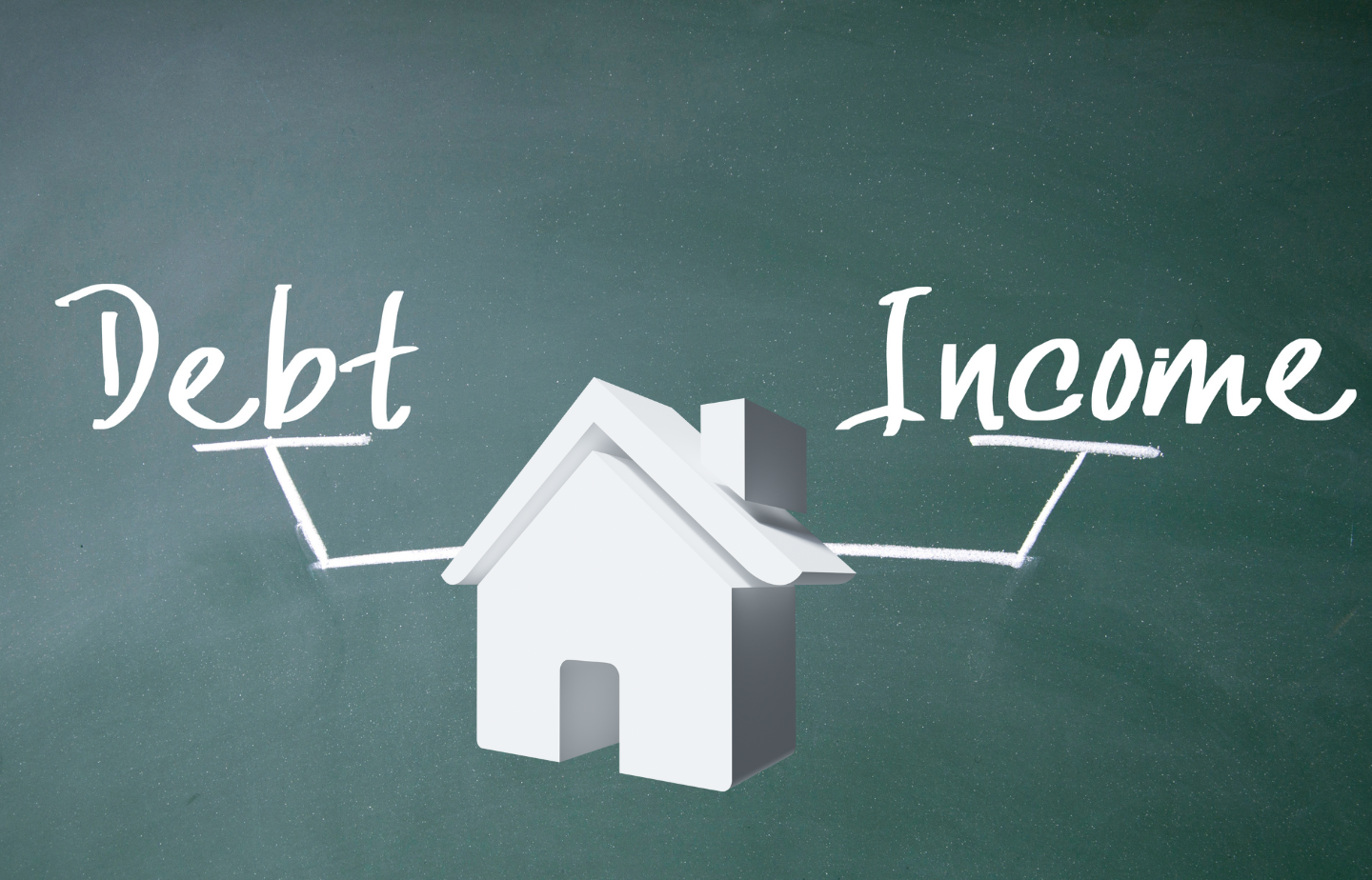 When it comes to applying for a mortgage, lenders take various factors into account to determine your eligibility. One crucial aspect they consider is your employment history. Your employment history provides lenders with valuable insights into your financial stability, income consistency, and ability to repay the loan.
When it comes to applying for a mortgage, lenders take various factors into account to determine your eligibility. One crucial aspect they consider is your employment history. Your employment history provides lenders with valuable insights into your financial stability, income consistency, and ability to repay the loan.
Lenders evaluate your income consistency to ensure that you have a reliable source of funds to cover your mortgage payments. They typically request pay stubs, W-2 forms, and tax returns to verify your income. If you have been in the same job or industry for a considerable period and have a consistent or increasing income, it strengthens your mortgage application. However, if you recently started a new job or have irregular income due to freelancing or self-employment, it may require additional documentation and thorough evaluation by the lender.
Self-Employment Considerations:
If you are self-employed, the mortgage approval process may be slightly different. Self-employed individuals often face more scrutiny as their income can be less predictable compared to those with traditional employment. Lenders typically review your business financial statements, tax returns, and bank statements to assess your income stability and the overall financial health of your business. Providing a history of consistent income, strong financial statements, and a healthy credit score can improve your chances of mortgage approval.
Employment Gaps:
Extended gaps in employment can be a concern for lenders, as they may question your ability to meet your financial obligations. However, not all gaps are viewed negatively. Lenders may be more understanding if you can provide a reasonable explanation for the gap, such as furthering your education, caring for a family member, or recovering from an illness. It’s crucial to provide supporting documentation and demonstrate how you managed your finances during the gap period.
Changing Industries:
Switching careers or industries can be seen as a risk by lenders, as it may imply a learning curve or potential income instability. However, this doesn’t mean that changing industries will automatically disqualify you from getting a mortgage. If you can demonstrate that the change has resulted in an increase in income, improved job prospects, or enhanced skill sets, it can work in your favor. Strong references from your previous and current employers can also help alleviate concerns about the industry switch.
By maintaining a stable employment record, providing proof of consistent income, and addressing any gaps or career changes with supporting documentation, you can strengthen your mortgage application and improve your chances of approval. Remember to consult with a mortgage professional who can guide you through the process and provide personalized advice based on your specific situation.
 Comparing mortgages is a crucial step in the process of buying a home or refinancing an existing mortgage. Here are some reasons why:
Comparing mortgages is a crucial step in the process of buying a home or refinancing an existing mortgage. Here are some reasons why: With the new year right around the corner, that leaves you with precious little time to get your finances in order. Let’s explore a few tips that will help you get a jump on improving your credit score before the end of the year.
With the new year right around the corner, that leaves you with precious little time to get your finances in order. Let’s explore a few tips that will help you get a jump on improving your credit score before the end of the year. When you are applying for a home loan, you need to make sure that you meet the minimum credit score requirements. If you decide to go with a traditional loan, the credit limit can be high, making it hard to qualify for a home loan. In contrast, you might be able to qualify for a VA home loan with a much lower credit score. What do you need to know?
When you are applying for a home loan, you need to make sure that you meet the minimum credit score requirements. If you decide to go with a traditional loan, the credit limit can be high, making it hard to qualify for a home loan. In contrast, you might be able to qualify for a VA home loan with a much lower credit score. What do you need to know? When you apply for a mortgage, your lender will do some quick math to figure out how much of a loan you can afford. Your lender will consider many factors, and one of the most important ones is your debt-to-income ratio. It is usually shortened to DTI, and understanding this formula can help you better understand how big of a house you can afford.
When you apply for a mortgage, your lender will do some quick math to figure out how much of a loan you can afford. Your lender will consider many factors, and one of the most important ones is your debt-to-income ratio. It is usually shortened to DTI, and understanding this formula can help you better understand how big of a house you can afford.  The vast majority of people have to take out a home loan to purchase a house. This means applying for a mortgage. Unfortunately, shopping for a mortgage can actually hurt your credit score. Any potential lender will probably have to do a hard pull on your credit. This could temporarily reduce your credit score by a few points. Those few points could make the difference between qualifying for a mortgage and getting denied one. Fortunately, there are ways for you to shop for a mortgage without hurting your credit.
The vast majority of people have to take out a home loan to purchase a house. This means applying for a mortgage. Unfortunately, shopping for a mortgage can actually hurt your credit score. Any potential lender will probably have to do a hard pull on your credit. This could temporarily reduce your credit score by a few points. Those few points could make the difference between qualifying for a mortgage and getting denied one. Fortunately, there are ways for you to shop for a mortgage without hurting your credit.